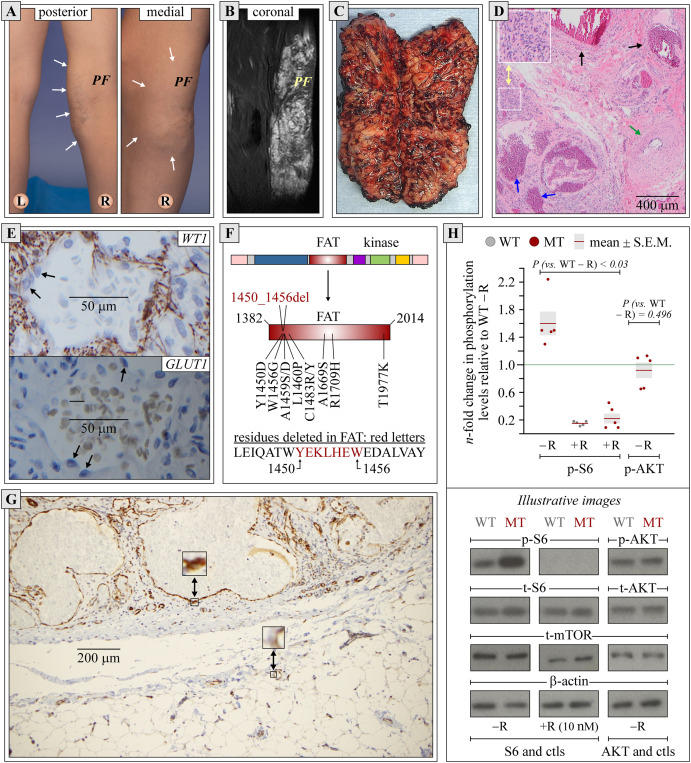
Unique presentation of a novel gain-of-function mutation in MTOR


Smith-Kingsmore syndrome (SKS) is a very rare dominantly inherited disorder caused by a gain-of-function mutation in MTOR (mechanistic target of rapamycin).1,2 It is typically characterized by megalencephaly, developmental and intellectual delay, and distinctive facial traits. Attenuated SKS-like phenotypes from a somatic gain-of-function mutation in MTOR have also been reported.3,4 In most of these milder cases, mosaicism translated into focal brain cortical dysplasia, and in six cases, into a somewhat wider presentation such as ventriculomegaly, patchy hypomelanosis and a few additional SKS-like features (in all six cases), unilateral megalencephaly (in three), and hemihypertrophy (in one).
